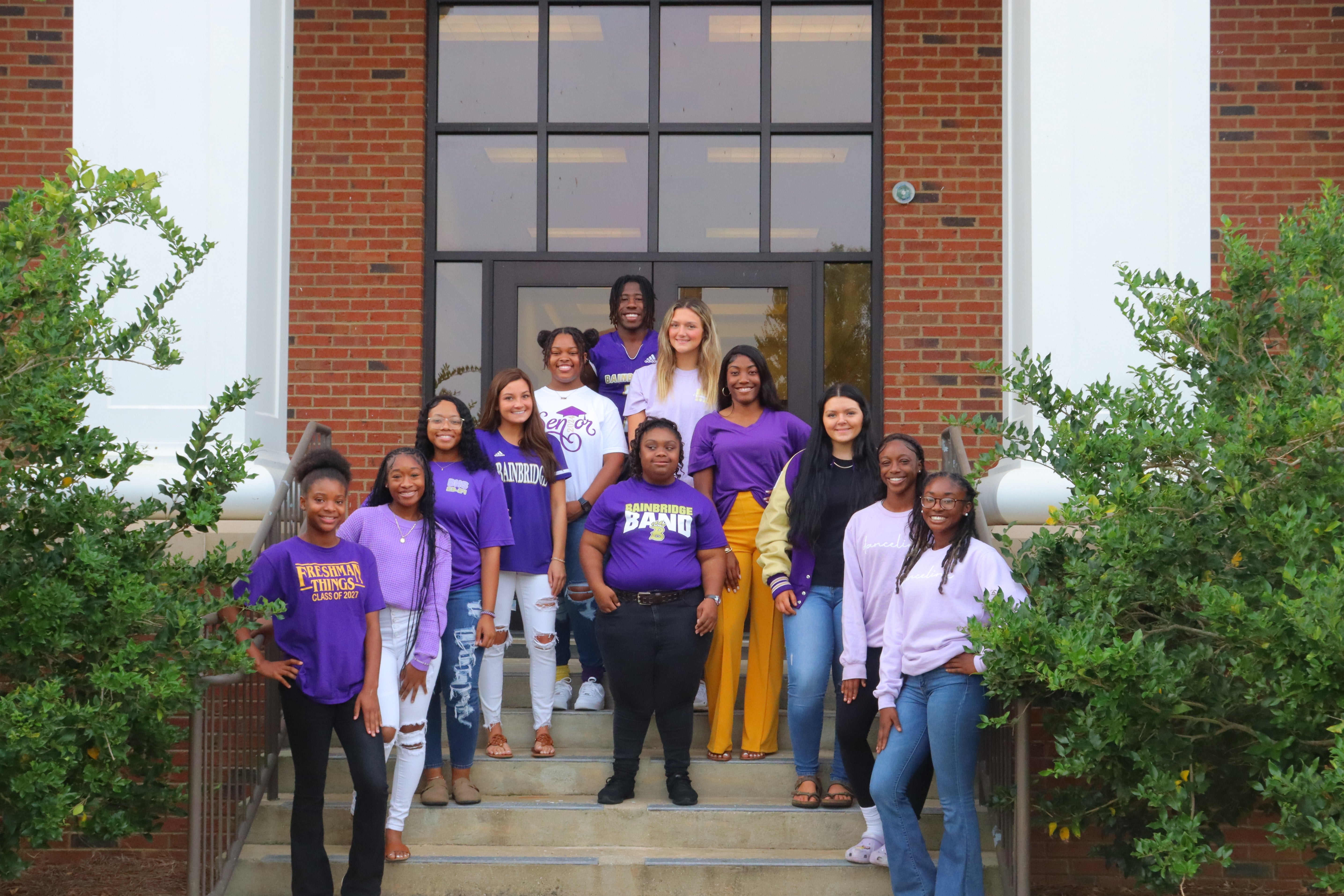NFL draft is an inexact science
Published 8:08 pm Friday, May 16, 2014
While watching the National Football League player draft from New York’s Radio City Music Hall on television last week, I came to several conclusions.
The first is that drafting is an inexact science.
During the college football season, scouts watch games and evaluate players from a number of schools. In the weeks leading up to the draft, they keep in touch with their team’s general managers and coaches. Then about a week before the draft, they come into the team headquarters and go over their evaluations with team officials.
After those meetings, each general manager and coach ranks the players by position and sets up their draft board. When their draft selection time comes up in New York, they go for the highest rated player on their board unless another player who may not be as highly rated better fits one of their major needs.
As far as this year’s draft by my favorite team the Atlanta Falcons is concerned, I really don’t know how to evaluate it. Offensive tackle Jake Matthews of Texas A&M, their first round selection, and running back Devonta Freeman of Florida State, their fourth round selection, are the only players they drafted who I am familiar with. I am sure the Falcons other draftees also had good college careers. We will just have to wait and see how they all pan out.
Many lower round draft choices of all the teams may or may not make a roster. Others may be diamonds in the rough and become stars. We will just have to wait until next season, or sometimes until later seasons, to find out for sure.
Sometimes you get a gem in a later round. Most outstanding starting NFL quarterbacks were first round draft choices. One glaring exception to that rule is New England Patriots starting All-Pro quarterback Tom Brady, who was a sixth round draft choice. The year that the Michigan Wolverines won the national championship, Brian Griese was the starting quarterback and Brady was his backup.
While Griese had a good professional playing career, he did not achieve anywhere near the things that Brady has.
Texas A&M quarterback Johnny Manziel, the 2012 Heisman Trophy winner and the man who the Falcons’ number one draft choice Matthews blocked for, was drafted 25th overall by the Cleveland Browns. While Manziel was an outstanding college quarterback and I hope he does well on the professional level, I have my concerns.
In college Manziel was a quarterback who liked to scramble, and professional quarterbacks who scramble are much more likely to be injured. A case in point is Robert Griffin III, a former outstanding scrambling quarterback with the Baylor Bears. He suffered a severe knee injury while scrambling his rookie year with the Redskins. I sincerely hope Manziel does not suffer the same fate. Most successful professional quarterbacks are drop back pocket passers.
There are exceptions to every rule, though. Former Georgia Bulldogs All-American and Minnesota Vikings All-Pro quarterback Fran Tarkingon was an outstanding college and professional scrambling quarterback who managed to stay away from serious injuries but he was the exception.
Herschel Walker, former Georgia Bulldogs Heisman Trophy winning running back and a member of coach Vince Dooley’s 1980 undefeated national championship Bulldogs team, made a statement during his professional playing career that I will never forget when he went into professional football.
“I thought I was hit in college,” he said.
Basically, what Walker was saying was that the hitting in professional football was so much harder than it was in college football.
When you think about it, you realize that his comment was exactly right. Even the back ups on a professional football roster were All-Americans at some college or university and they tackle extremely hard.


